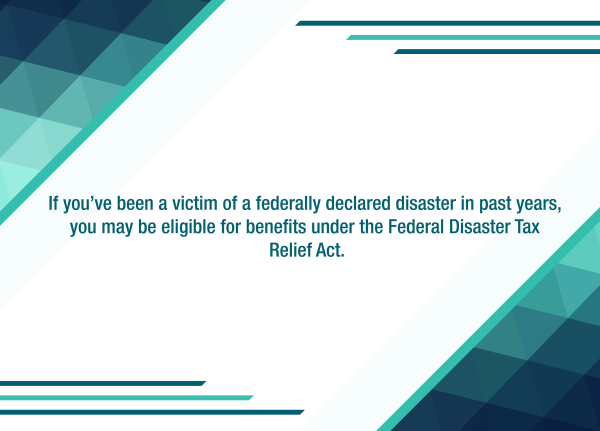Updated 3/24/2021 (adding states that have also extended deadlines)
The IRS has announced that the federal income tax filing deadline for individuals for the 2020 tax year is extended from April 15, 2021, until Monday, May 17, 2021. The IRS extended the deadline to provide relief to taxpayers facing challenges as a result of the pandemic and because it’s grappling with a rising backlog of 24 million unprocessed returns. As part of its announcement, the IRS stated it would soon be issuing additional guidance about the deadline extension.
Extended deadline details
Individual taxpayers can also postpone federal income tax payments for the 2020 tax year due on April 15, 2021, to May 17, 2021, without penalties and interest, regardless of the amount owed. This postponement applies to individual taxpayers, including those who pay self-employment tax. Penalties, interest and additions to tax will begin to accrue on any remaining unpaid balances as of May 17, 2021. Individual taxpayers will automatically avoid interest and penalties on the taxes paid by May 17.
Individual taxpayers don’t need to file any forms to qualify for this automatic federal tax filing and payment relief. If you need additional time to file beyond the May 17 deadline, you can request a filing extension until October 15 by filing Form 4868. Filing Form 4868 gives you until October 15 to file your 2020 tax return but doesn’t grant you an extension of time to pay taxes due. You should pay the federal income tax due by May 17, 2021, to avoid interest and penalties.
Estimated payment deadline not extended
This relief doesn’t apply to estimated tax payments that are due on April 15, 2021. These payments are still due on that date. Taxes must be paid as taxpayers earn or receive income during the year, either through withholding or estimated tax payments. In general, estimated tax payments are made quarterly to the IRS if your income isn’t subject to income tax withholding. This includes self-employment income, interest, dividends, prize winnings, alimony and rental income. Many taxpayers automatically have taxes withheld from their paychecks and sent to the IRS by their employers.
State tax returns not included*
Be aware that the federal tax filing deadline postponement to May 17, 2021, applies to only individual federal income returns and tax (including tax on self-employment income) payments otherwise due April 15, 2021. It doesn’t apply to state tax payments or deposits or payments of any other type of federal tax. Taxpayers also will need to file income tax returns in 42 states plus the District of Columbia. State filing and payment deadlines vary and aren’t always the same as the federal filing deadline. Check with your tax advisor or your state tax authority for more information.
- *California’s Franchise Tax Board just announced: Similar to the federal tax filing and payment deadline extension, California will also extend the state tax filing and payment deadline for individuals to May 17th, 2021. The extension does not apply to estimated tax payments due on April 15, 2021. Their statement is available on https://www.ftb.ca.gov/.
- New York’s Department of Taxation of Finance (DOTF) announced that New York State personal income tax returns for the 2020 tax year have been extended to May 17, 2021.
- Revenue departments in Alabama, Arkansas, Colorado, Georgia, Illinois, Kansas, Kentucky, Maine, Massachusetts, Missouri, Montana, New Jersey, New Mexico, North Carolina, North Dakota, Oregon, Pennsylvania, South Carolina, Tennessee (Hall income tax), Utah, Vermont, Virginia, West Virginia, and Wisconsin announced they would match the new federal date, May 17. Arizona is expected to follow suit.
- Maryland has extended the filing deadline for individuals to July 15, 2021.
In addition, earlier this year, the IRS announced relief for victims of the February winter storms in Texas, Oklahoma and Louisiana. These states have until June 15, 2021, to file various individual and business tax returns and make tax payments. The extension to May 17 doesn’t affect the June deadline.
The IRS will be providing formal guidance in the coming days; we will share those updates here. You can also read the full release on IRS.gov.
____________________________________
We highly recommend you confer with your Miller Kaplan advisor to understand your specific situation and how this may impact you.



